The curriculum for gospel study this year is the Doctrine and Covenants. It is impossible to study the Doctrine and Covenants without studying church history. That can be problematic for some people who take issue with some things that happened in the past. If history is studied correctly, it can be a great learning tool. We have an opportunity this year to learn and grow, but only if we are willing participants.
I just had my 66th birthday. There are plenty of pages in my personal book of history that have smudges. At the end of my earthly life, I hope that others will judge the end result of me as a person, not the dirty marks and dog-eared pages of the earlier chapters. I’m not proud of some pages of my history, but it is the most sullied pages that taught me the greatest lessons. Dirty history is the result of every life, every country, and every church. We are imperfect human beings who make mistakes. As we do, we learn and grow. Isn’t that the purpose of coming to earth?
Part of my own growth as a person has been to realize that when I die, my own children will sit around my kitchen table and talk about me—they may even label me as “mean” when they think about how they were raised. The pages of my history they will remember will be the rough-around-the-edges, tough broad who laid the law down, didn’t pull any punches, and was brutally honest. They will completely gloss over the pages where I made a conscious decision to make my parenting style about playing good cop/bad cop with me always being the bad cop. I chose that method because I love my husband, and I wanted him to have a good relationship with his children.
My husband was a very insecure person in those early years. He brought to our marriage a heavy load of baggage from a failed first marriage. His role with his son was the occasional dad from a distance, and he was never really allowed the opportunity to have the father/son relationship they both deserved. I was determined that my husband would have the perfect father/daughter and father/son relationships with our children. My decision placed me as the disciplinarian and Dad as the big lovable teddy bear. The pages of my history my children won’t see are the conscious daily decisions to play bad cop—even when it hurt.
Studying history—be it personal history, the history of a country, world history, or church history—is tricky. The only fair way to judge history is to place yourself in that time period in that exact situation. Since we don’t always have all the facts to know the pressures and exact situations of that time period, the only fair thing to do is to give people the benefit of the doubt. It’s also important to realize that everyone makes mistakes. It’s not fair to hold someone to a higher standard than we do for ourselves.
There is also a great danger in trying to whitewash history. We are seeing this in the United States right now. While there are many things in the history of the United States that should make us proud, there are also many troubling pages of our history. We have a choice to make. We can take the smudges and learn from them, creating cleaner pages in the future, or we can remove all evidence of the smudges, pretend they didn’t exist, refuse to teach our children about them, and then repeat the mistakes of the past.
One of my children had a high school history teacher who refused to teach anything about World War II (even though it is in the school district curriculum) because the United States dropped two atomic bombs to end the war. I submit that the better choice would have been to teach truth and learn from it. Why was that decision made? Did it bring the war to an end? Did it save lives? Were there consequences that resulted in many years of cold war? What would happen if any country decided to drop an atomic bomb today, or in the future? There are lessons to be learned from history, and it is dangerous to whitewash it.
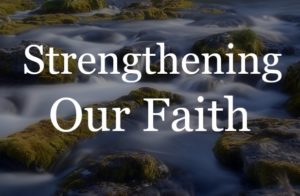
To read more of Tudie’s articles, click here.
For instance, I would love to see two statues placed side by side for children to learn about. If we placed a statue of General Robert E. Lee next to a statue of General William Tecumseh Sherman, we could teach my grandchildren a whole lot of lessons about the American Civil War. There were two sides to the civil war, so let’s teach both sides. Let’s delve into all those dirty pages and learn what we did right and what we did wrong so that we can do better next time.
My hope is that as we study Church history in 2021, we will look at the smudges with new eyes. Let’s judge the end result of those dirty marks and resist the temptation to condemn the people who made them. I hope we will see people in Church history as human beings with human frailties. They were not perfect; nor are we. It’s not fair to lay out the perfect blueprint in hindsight and then say, “Why didn’t you follow the blueprint?” We can see the end result that they did not have the opportunity to see. Let’s not judge history and people from a blueprint created after the fact.
About Tudie Rose
Tudie Rose is a mother of four and grandmother of ten in Sacramento, California. You can find her on Twitter as @TudieRose. She blogs as Tudie Rose at http://potrackrose.wordpress.com. She has written articles for Familius. You will find a Tudie Rose essay in Lessons from My Parents, Michele Robbins, Familius 2013, at http://www.familius.com/lessons-from-my-parents.
Twitter •

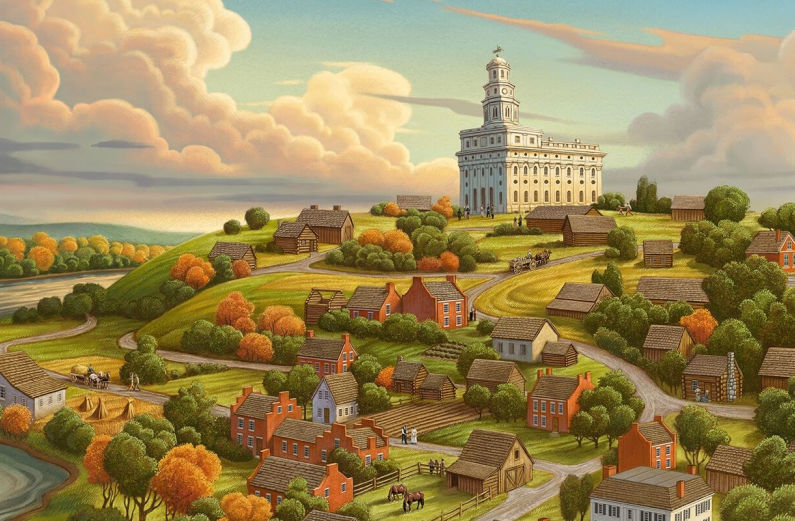
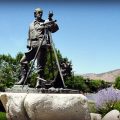

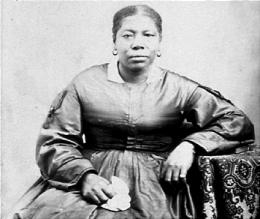
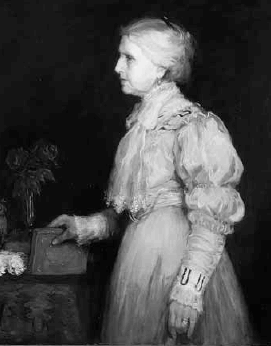

What a great message, Sister Rose! I have recently been studying the beatitudes, and those came to mind as I read your post (even though it’s not D&C, sorry!) Christ tells us that those who show others mercy, will in turn receive mercy from Him. (Matthew 5:7). I totally relate to you and not wanting to be judged by the not-so-great-works of your life. We all have those, including the founders of our church. But, that does not make them untrustworthy or horrible; it makes them human. Joseph Smith was given SO much responsibility, and sometimes faltered under pressure. If I was in his shoes, I would have faltered too. Thank you for the invitation to learn from the mistakes made in history instead of focusing on them or ignoring them altogether! (:
I read the book/ article ” “Revealations in Context”. I enjoyed reading that so much.! It gives a lot more depth and meaning to the D&C! Loved you weirings!